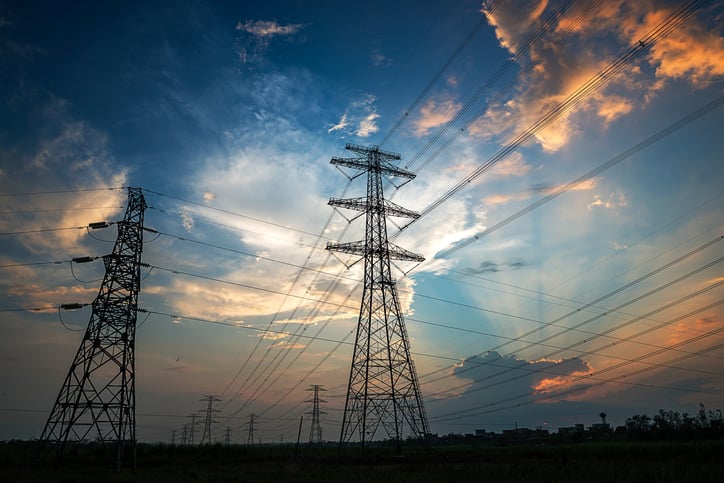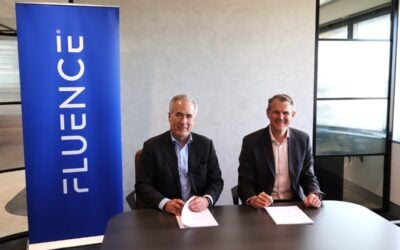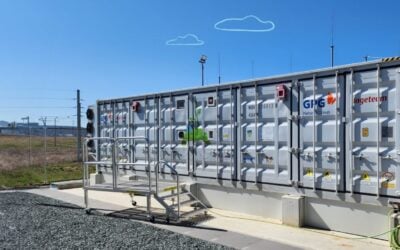
Energy storage could garner a market share of one-third by 2025 for the new, pan-European automatic frequency restoration reserve (aFRR) market, which is set to launch in the middle of this year with France and Germany sharing their capacity first.
That is according to Corentin Baschet of consultancy Clean Horizon, which has done a lot of work on an upcoming project called PICASSO which will mutualise aFRR services across West Europe. He told Energy-Storage.news that France and Germany will kick things off by mutualising their services around the middle of 2022, a bit later than initially planned (Q1).
Enjoy 12 months of exclusive analysis
- Regular insight and analysis of the industry’s biggest developments
- In-depth interviews with the industry’s leading figures
- Annual digital subscription to the PV Tech Power journal
- Discounts on Solar Media’s portfolio of events, in-person and virtual
The project has trigged a review of market rules which exclude storage from participating in the main European secondary reserve market in most countries, something which is expected to change with the new aFRR scheme’s launch and rollout.
“Increasing the participation of battery storage is definitely one part of Picasso but it’s not at the forefront of their mind, there will still be loads of conventional assets participating,” Corentin said.
“By 2025, we think a third of the aFRR market in West Europe could be for battery storage if the rules and price signals are improved. So that could be something like 500MW for storage in aFRR in Germany alone where the aFRR services market represents a volume of 1.5-2GW.”
He says that the rules in Belgium are much more friendly to storage and today there are more than 30MW of batteries active in the aFRR market, including a 10MW system optimised by Centrica Business Solutions which joined in December.
“More than 200MW of storage will be deployed in Belgium to address this opportunity,” he says, adding that 130MW/450MWh of projects were awarded in the recent capacity market auction.
The aim of sharing aFRR across borders is to reduce the cost of provision, he explains. “It might be that France has more expensive AFRR than Germany has, so if you export energy activation across borders that reduces the cost of ancillary services, which ultimately reduces the cost for the consumer. A portion of everyone’s bill goes to balancing the grid.”
Growth in this revenue stream for energy storage could not come as a better time as revenues from primary reserve decline.
Primary reserve (FCR) and secondary reserve (aFRR) make up frequency control reserve services which ensure the grid’s balance between generation and consumption. In 2020, aFRR services paid over €100k/MW/year (US$111k) versus around €70k/MW/year for FCR.
Primary reserve stops extreme frequency drift when there is an imbalance event with a big and rapid-response (<30 seconds) power output. Secondary reserve returns the frequency to its nominal value and requires longer activation periods in a single direction, sometimes up to 2-4 hours.






